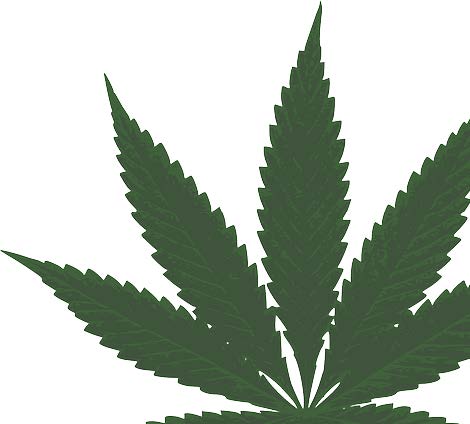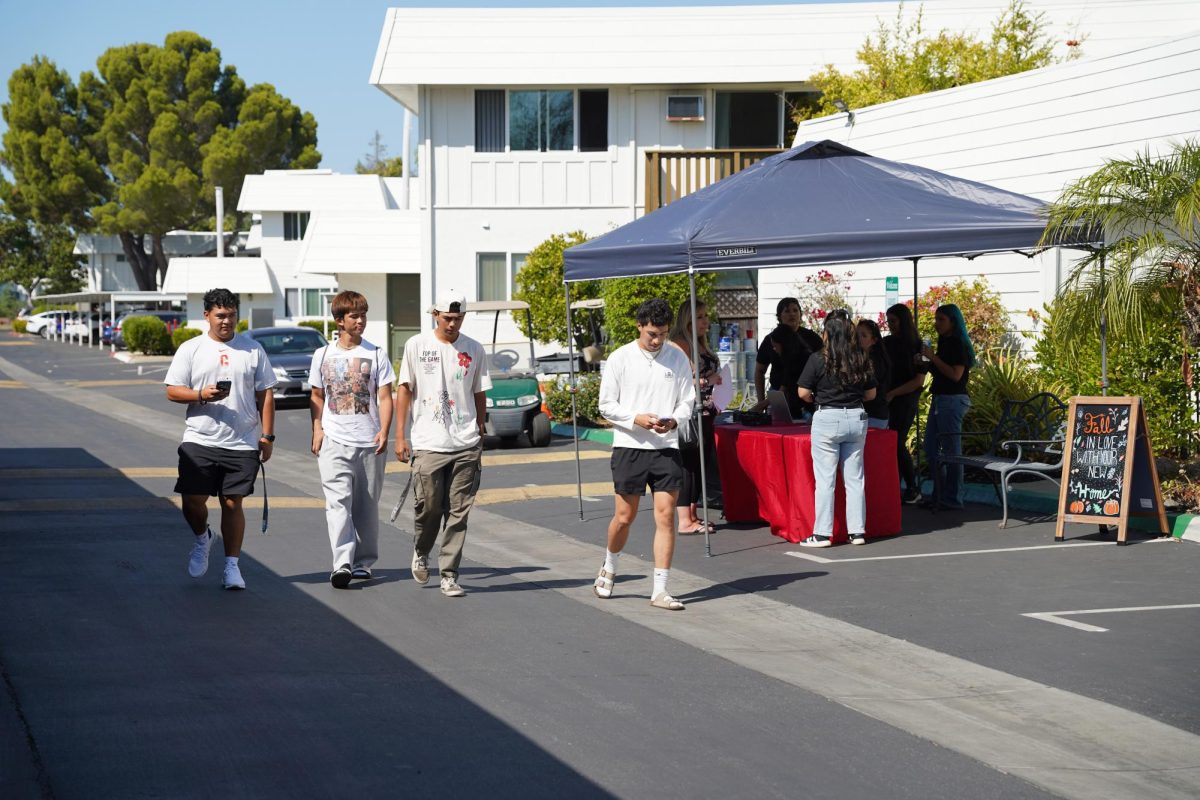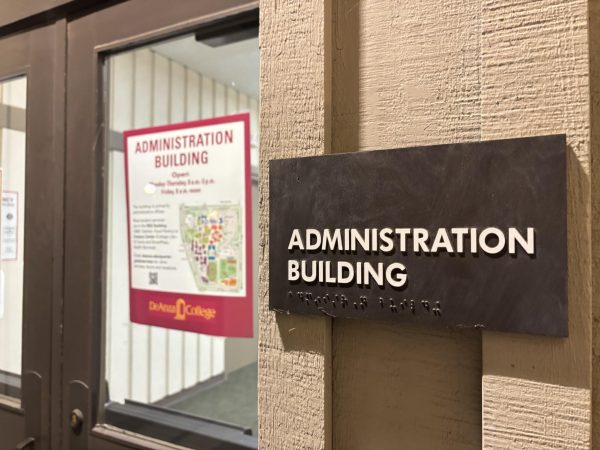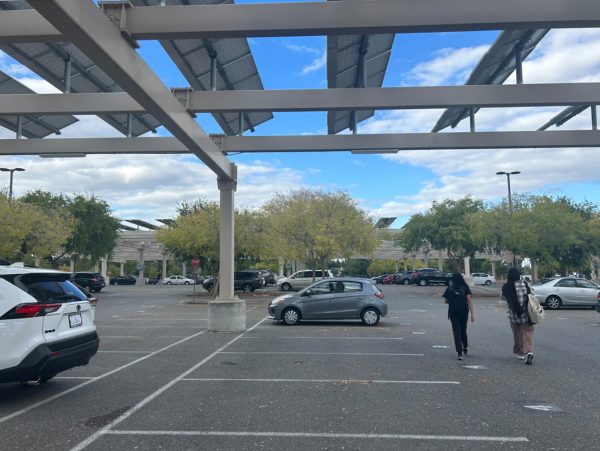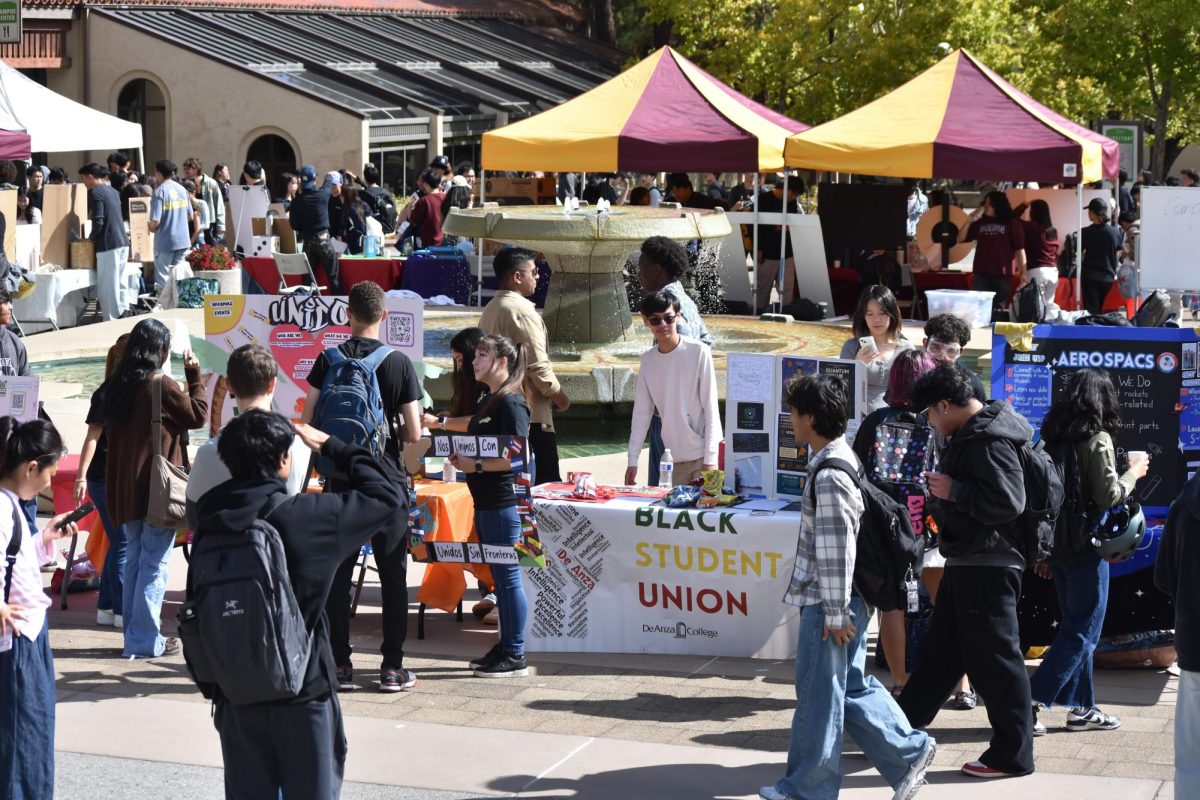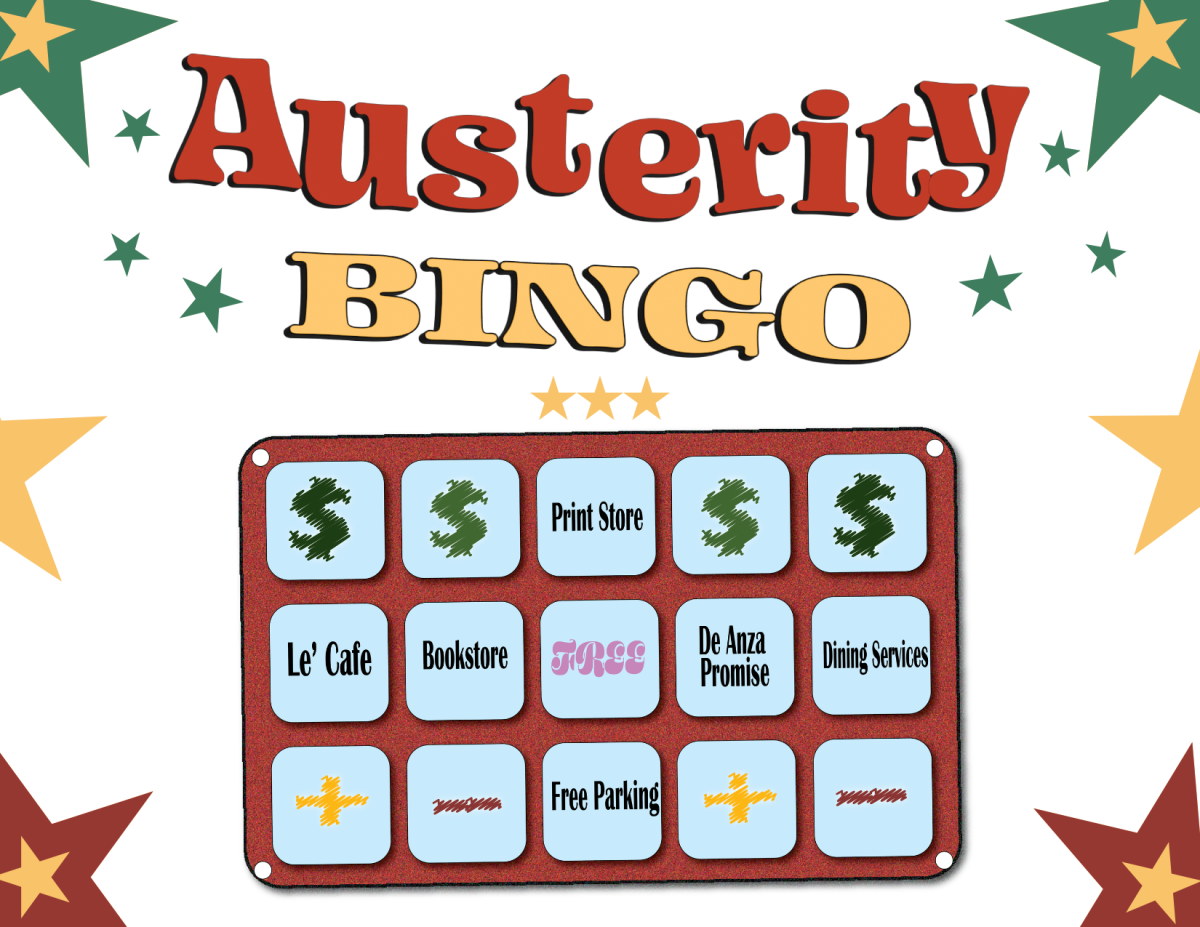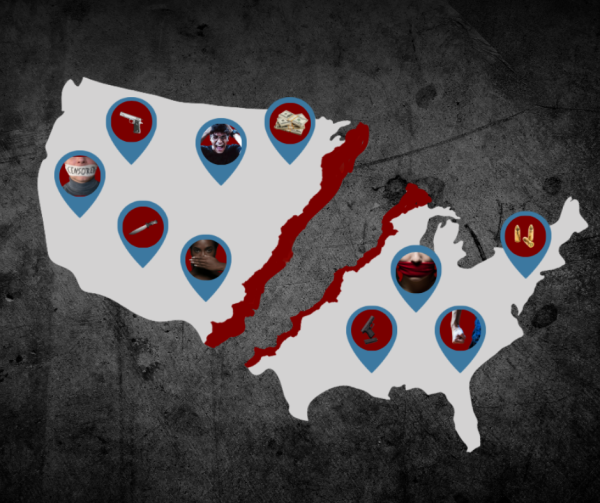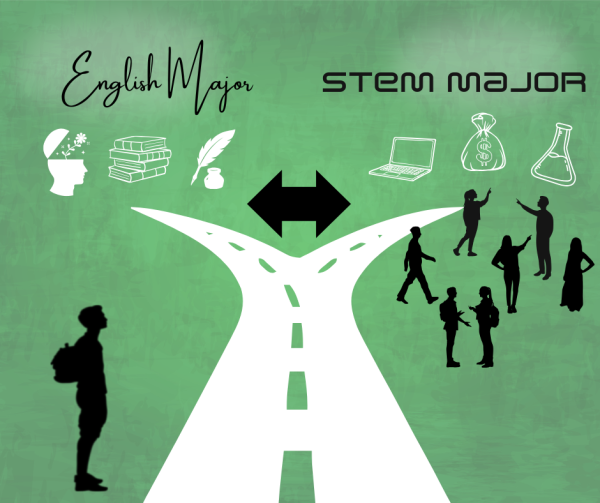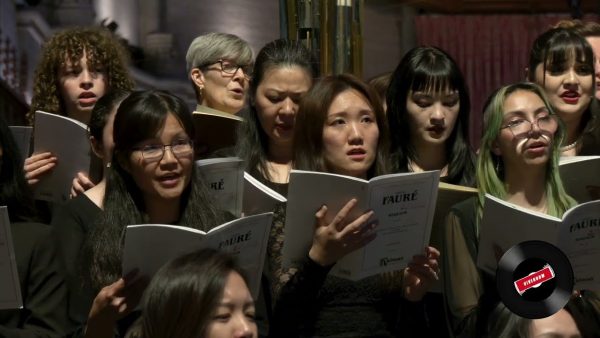Medical cannabis should be legal to treat epilepsy
May 26, 2015

Marijuana and its legal status is a hot-button issue these days, with Alaska, Colorado, Oregon, the state of Washington and Washington D.C. recently legalizing non-medical use of marijuana.
Medical marijuana, used for real medical afflictions like epilepsy, inflammatory diseases and neurodegenerative diseases, should be legal nationwide.
You might think medical marijuana is just an excuse to sell legal weed and, for the most part, I agree.
However, there exists true medical marijuana: cannabis oil from strains high in Cannabidiol (CBD), used to treat patients with epilepsy.
Some of the biggest obstacles to nationwide access to medical marijuana are antiquated beliefs regarding cannabis, illogical fears about potential damage caused by cannabis, as well as news and talk shows pushing these dark age ideas.
CBD is a powerful chemical in cannabis plants that has numerous medicinal properties. CBD helps patients control nausea and vomiting, it contains anti-inflammatory properties, relieves anxiety and fights depression.
Another aspect of CBD is that it does not have an affinity for the CB1 brain receptor, unlike the other big chemical in cannabis, tetrahydrocannabinol (THC) the chemical responsible for psychological effects, according to the British Journal of Clinical Pharmacology.
CBD may counteract the psychotomimetic effects of THC, though this requires further study.
One example of medical marijuana helping people is Charlotte Figi, 8, who suffered approximately 300 seizures weekly. Her case led to the development of a strain of marijuana designed to reduce epileptic seizures in children, named Charlotte’s Web
after Figi.
There are other hurdles medical marijuana users must face, especially children, as conflicting laws and policies can affect their usage or disrupt their dosage schedules.
An example of this is the case of Genny Barbour, 16, who suffers from epilepsy. Barbour has to take a dosage of CBD-rich cannabis oil four times a day, which means one dosage at lunchtime, at school.
This lunchtime dosage led to a conflict with Barbour’s school, which does not allow the girl to take her dosage on school grounds. The school cited marijuana’s status as a schedule one drug, drugs with high abuse potential, no medicinal use and lack of safety for users, according to Medicinal Daily, as the reason for their stance, despite New Jersey laws allowing medicinal marijuana use.
There are federal bills in the works to lift prohibitions on medically beneficial cannabis strains. Legitimate use of medical marijuana should be legal nationwide. Parents shouldn’t have to move across state lines to get the best treatment for their children.



